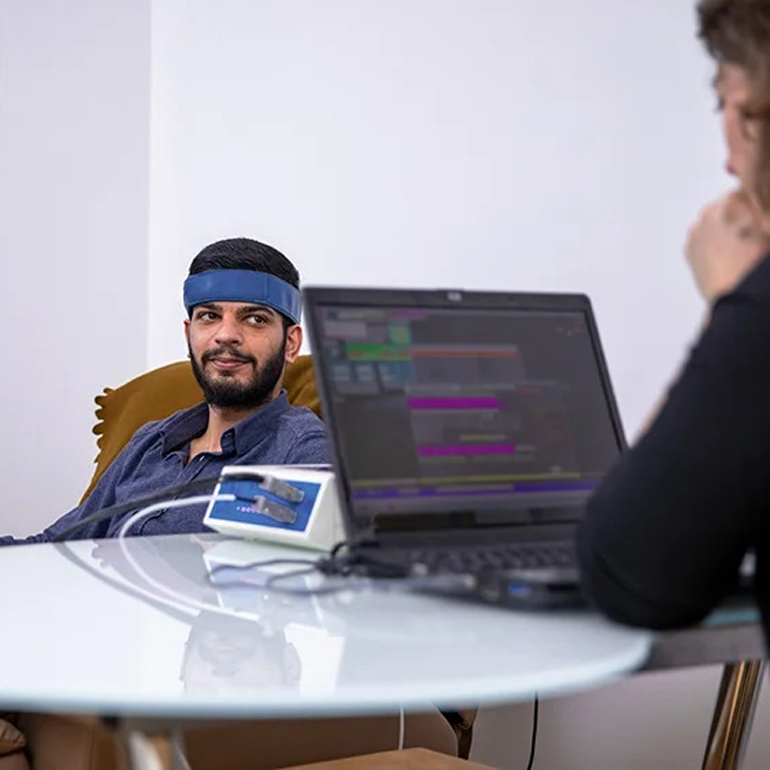
Biofeedback Therapy
Biofeedback refers to the application of non-invasive bio-monitoring sensors affixed to the body to assess physiological functions and deliver essential feedback or information that supports the management of specific health conditions. As noted by Johns Hopkins Medicine, this practice is akin to the traditional concept of harnessing the mind's power to influence bodily processes, a principle that has influenced numerous Eastern philosophies, such as yoga and meditation. However, biofeedback therapy represents a more sophisticated approach, utilizing a range of scientific instruments to evaluate and demonstrate an individual's potential for real-time control over their bodily functions.
There are three primary forms of biofeedback: electromyography (EMG), thermal biofeedback, and neurofeedback, which is also referred to as electroencephalography (EEG). Each method measures distinct physiological parameters. Thermal biofeedback assesses variations in body temperature, EMG gauges muscle tension, and EEG analyzes brain wave activity. The specific technique employed and the number of sessions required will depend on the individual's medical condition. Typically, sessions do not exceed one hour, and many clients may begin to notice improvements after eight to ten sessions. However, individuals with conditions such as hypertension may require up to 20 sessions. Additionally, patients may be advised to practice supplementary relaxation techniques for five to ten minutes daily at home.
Indications for Bio-feedback therapy
- Anxiety disorders
- Tension and migraine headaches
- Myo-fascial pain and fibromyalgia
- Hypertension
- Irritable Bowel Syndrome
- Muscle Tension
- Raynaud's Disease




